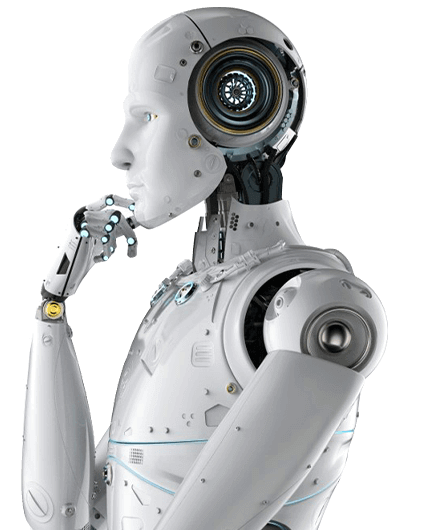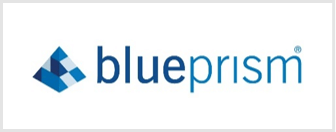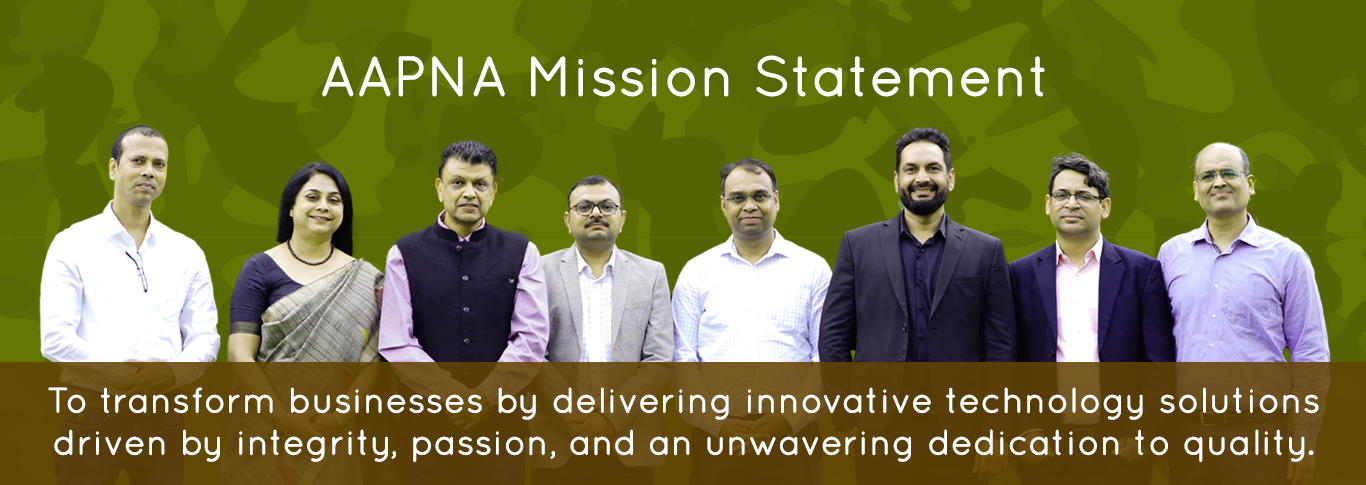Robotic Process Automation (RPA) offers significant value to businesses aiming to improve efficiency, accuracy, and scalability. Key benefits include:
-
Cost Savings
Automates routine tasks, reducing labor costs and operational overhead. -
Increased Productivity
Bots work 24/7 without breaks, enabling faster task completion and improved throughput. -
Improved Accuracy
Minimizes human errors in repetitive, rule-based processes like data entry or reporting. -
Faster ROI
RPA projects typically deliver quick returns due to low implementation costs and rapid deployment. -
Enhanced Employee Experience
Frees up staff from mundane tasks, allowing them to focus on strategic, high-value work. -
Scalability & Flexibility
Easily scale automation across departments without needing major infrastructure changes. -
Compliance & Audit Readiness
Bots follow predefined rules, ensuring consistent adherence to policies and generating detailed audit trails.
These benefits make RPA a powerful tool for businesses looking to drive digital transformation and stay competitive.



























